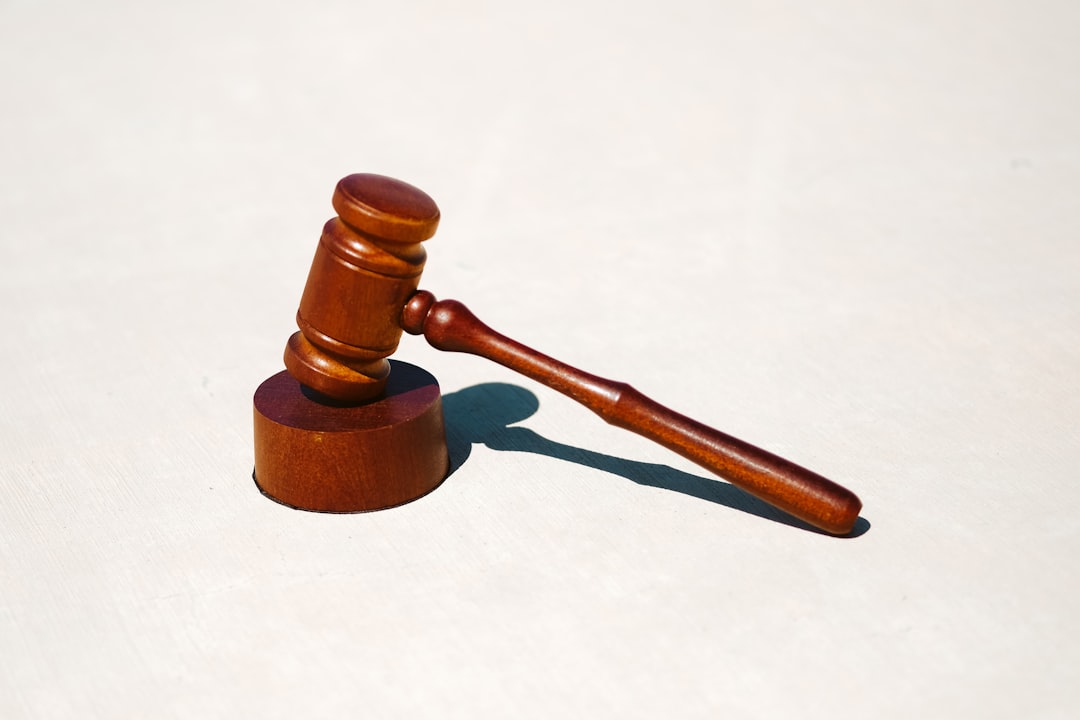West Virginia's strict Do Not Call (DNC) list registry, enforced by the Division of Banking, blocks spam texts and telemarketing calls, including from law firms. Law firms must comply with state laws to protect consumer privacy, face significant fines for non-compliance, and maintain ethical standards. Telecommunication companies operating in West Virginia must adhere to DNC regulations, verifying customer consent, documenting opt-out requests, and providing easy opt-out mechanisms to avoid fines and ensure positive customer experiences.
In West Virginia, telecommunication laws, particularly those targeting spam texts, have evolved to protect consumers from unwanted messages. This article delves into the intricacies of the state’s Do Not Call laws as they pertain to law firms, exploring how these regulations impact their marketing strategies. We also provide compliance strategies for telecommunication companies to navigate these rules effectively. Understanding and adhering to these guidelines are essential for businesses to avoid legal repercussions and maintain consumer trust in West Virginia.
Understanding West Virginia's Do Not Call Laws

West Virginia has a robust Do Not Call (DNC) list registry that residents can utilize to prevent unwanted telemarketing calls, including spam texts. This law is designed to give individuals control over their privacy and reduce the number of unsolicited communications they receive. The West Virginia Division of Banking oversees and enforces these regulations, ensuring compliance by telemarketers operating within the state.
To register on the DNC list, residents can simply text “STOP” to 7726 (SPAM). This action blocks calls from various sources, including law firms engaging in spam texting activities. It’s important for businesses to adhere to these laws, as violations can result in significant fines. Understanding and respecting consumer choices regarding telemarketing is key to maintaining a positive business reputation and ensuring compliance with West Virginia’s stringent communication regulations.
Spam Text Regulations and Their Impact on Law Firms

In West Virginia, spam text messages targeting law firms are regulated under the state’s telecommunications laws, specifically focusing on the Do Not Call (DNC) lists. These regulations aim to protect consumers from unwanted marketing calls and texts, including those from law enforcement entities. For law firms, adhering to these rules is essential to maintain professional conduct and respect client privacy. The DNC list allows individuals and businesses to opt-out of receiving marketing messages, significantly reducing the volume of spam texts that law firms may receive.
Compliance with anti-spam text regulations involves ensuring that all communication with numbers on the DNC list ceases immediately and permanently. Failure to adhere to these guidelines can result in significant fines and legal repercussions. Law firms must implement robust systems to verify customer consent and maintain accurate records of opt-out requests, particularly when dealing with potential clients who may have previously expressed interest through various channels, including text messages.
Compliance Strategies for Telecommunication Companies

Telecommunication companies operating in West Virginia must adhere to strict regulations, particularly regarding spam texts and unsolicited calls. One of the key laws to familiarize themselves with is the Do Not Call law, which restricts marketing calls to numbers registered on the state’s Do Not Call list. Violations can result in substantial fines.
To ensure compliance, companies should implement robust internal policies and procedures. This includes obtaining explicit consent from recipients before sending promotional texts, maintaining detailed records of call activities, and providing an easy opt-out mechanism for subscribers. Regular staff training on these regulations is essential to avoid mistakes and maintain a positive customer experience while adhering to legal requirements, especially concerning the Do Not Call law firms West Virginia regulations.






